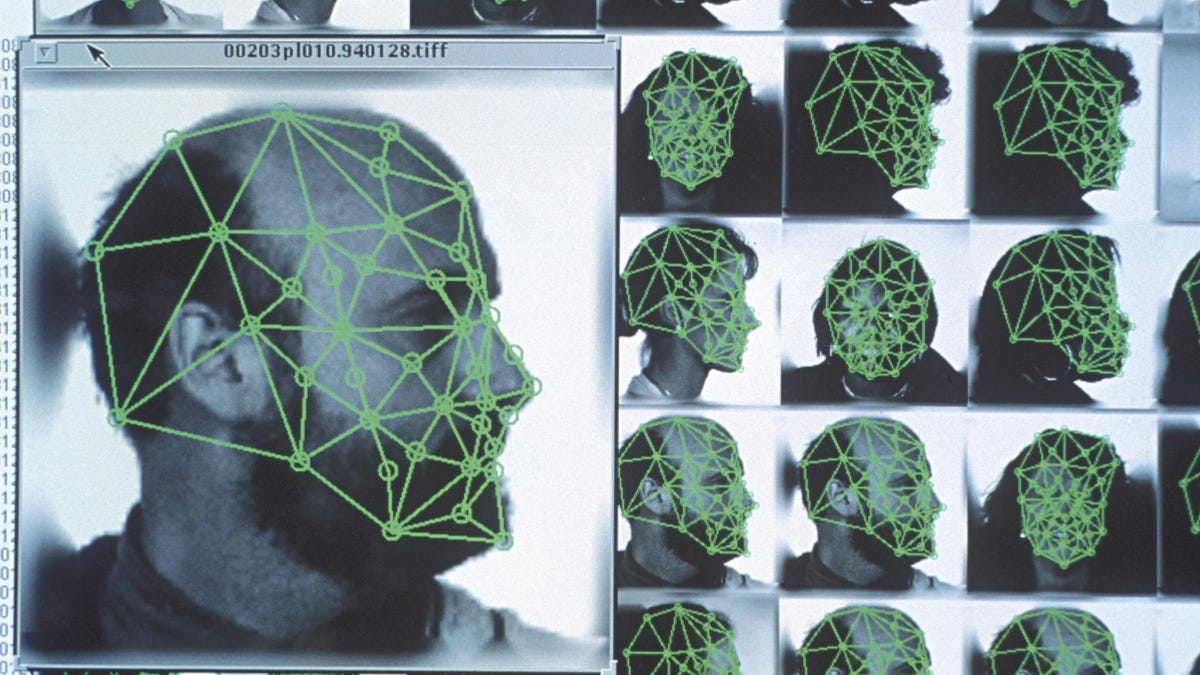Facial recognition may be banned from public housing thanks to proposed law
It's the first time federal legislation has addressed limits on technology and tenants.

Facial recognition has faced public scrutiny over privacy and civil rights concerns. Now lawmakers are looking to ban it from public housing.
Facial recognition doesn't belong in the home, lawmakers will propose in landmark legislation in Congress this week. As landlords across the country continue to install smart home technology and tenants worry about unchecked surveillance, there's been growing concern about facial recognition arriving at people's doorsteps.
Reps. Yvette Clarke, a Democrat from New York; Ayanna Pressley, a Democrat from Massachusetts; and Rashida Tlaib, a Democrat from Michigan, are expected to introduce the No Biometric Barriers to Housing Act this week.
The proposed bill would prohibit all public housing units that receive funding from the Department of Housing and Urban Development from using technology like facial recognition, according to a person familiar with the legislation.
The bill would also require HUD to submit a report on facial recognition, detailing its impact on public housing units and their tenants.
This would be the first federal bill that looks at what technology landlords can impose on tenants. While the law would only affect HUD housing, it could raise awareness for a broader set of landlords and tenants, and it comes as people are increasingly questioning the threats to privacy that stem from facial recognition.
The technology, which proponents argue helps with security and makes your devices more convenient, has drawn scrutiny from lawmakers and advocacy groups. Congress views the technology as a bipartisan concern. San Francisco became the first city to ban facial recognition use by government agencies, followed by Oakland, California, and Somerville, Massachusetts. Privacy advocates in other cities are looking to spread that ban.
The proposed bill comes just two months after tenants in Brooklyn filed legal opposition against a landlord who wants to install a facial recognition entry system. Up to 350 tenants at the Atlantic Plaza Towers argued that facial recognition was an excessive invasion of privacy, and noted that the technology is known to have racial bias. The building in Brownsville, Brooklyn -- a district Clarke represents -- would not be affected by the proposed bill as it is not public housing.
"The ability to enter your home should not be conditioned on the surrender of your biometric data, particularly when the landlord's collection, storage, and use of such data is untested and unregulated," Samar Katnani, an attorney for Brooklyn Legal Services' Tenant Rights Coalition representing the tenants, said in May.
With facial recognition, lawmakers raised issues over false positives, algorithmic bias and privacy concerns. Illinois has its own laws on biometrics, but there's no nationwide legislation on facial recognition.
Read: The best facial recognition cameras of 2019
Clarke has been at the forefront on limiting technology abuses. During a House Homeland Security Committee hearing on July 10, Clarke said "the wide scale deployment of facial recognition will have profound implications on privacy."
The only other federal bill on facial recognition is the Commercial Facial Recognition Privacy Act, introduced in March by Sens. Roy Blunt, a Republican from Missouri, and Brian Schatz, a Democrat from Hawaii.
There also aren't any laws on technology that landlords can impose on tenants. More than 20,000 homes in the last two years have been converted into smart homes by landlords, even as tenants complain about privacy concerns and issues with faulty locks.
In April, tenants in New York sued for the right to physical keys after landlords installed smart locks to enter the building. Tenants complained that the app's privacy policy allowed for location tracking, and worried that the app allowed landlords to change the locks at a moment's notice, leaving potential for abuse. One tenant did not have a phone with which to use the smart lock app.
The case settled in May, after the landlords agreed to an order to provide physical keys for the tenants.

